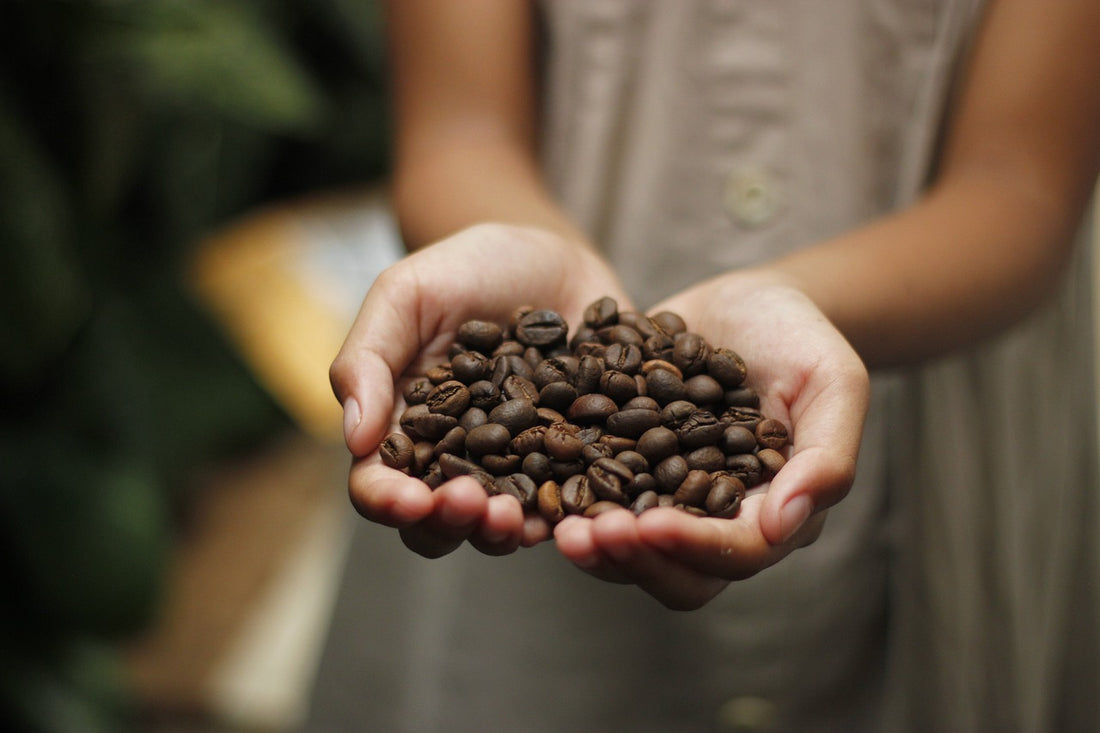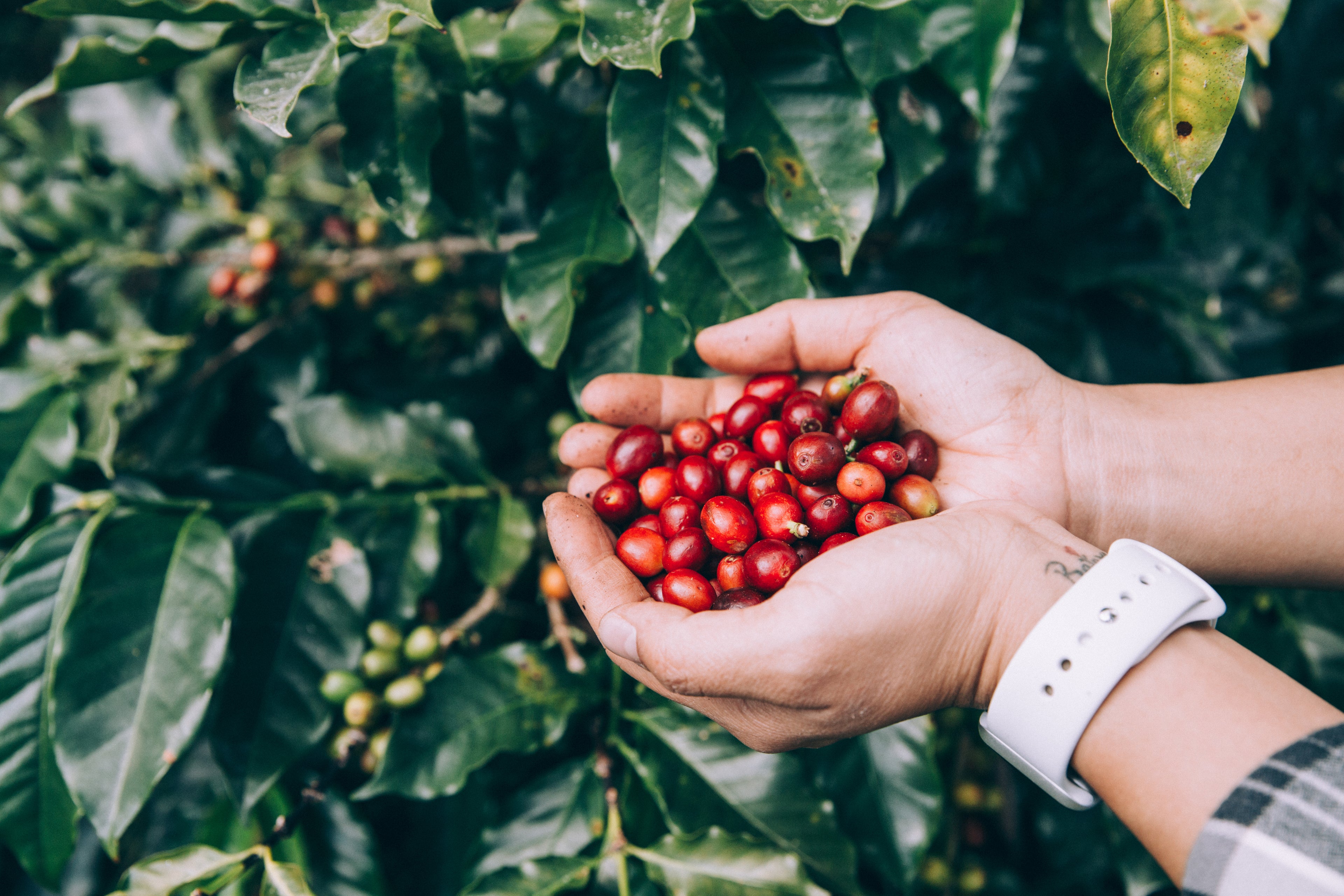
How to Identify a Good Specialty Coffee
In the vast universe of coffee, quality is a beacon that guides true enthusiasts. But how do you distinguish exceptional specialty coffee from the ordinary? This article aims to be your compass in the world of coffee, exploring the essential characteristics that define these liquid treasures, unraveling the secrets of labels, and immersing ourselves in the sensory richness of aroma, flavor, and body of specialty coffee.
Key Characteristics of Specialty Coffee:
- Quality Score: In the sanctuary of specialty coffee, scores are the language of experts. Through rigorous rating systems such as the Specialty Coffee Association's (SCAA) or the Specialty Coffee Association of Europe's (SCAE) scoring systems, vital aspects such as aroma, flavor, acidity, body, and balance are evaluated. A high score is the badge of excellence, indicating meticulous dedication at every stage of production.
- Origin and Variety: The birthplace and variety of coffee are the pillars of its identity. Specialty coffees emerge from legendary regions such as Ethiopia, Colombia, Costa Rica, and Guatemala, where terroir and climatic conditions produce superior quality beans. The variety of the plant, whether Arabica or Robusta, adds layers of complexity to the flavor profile, with Arabica known for its smooth and complex flavors, and Robusta for its pronounced body and flavor.
- Production Process: From seed to cup, each stage of the coffee journey influences its final destination. Processing methods such as washed, natural, and honey process shape the flavors and aromas that delight our senses. Craftsmanship and care at every step are the soul of specialty coffee, with the processing method influencing characteristics such as acidity, sweetness, and body of the coffee.
- Freshness: Freshness is the lifeblood of coffee. True coffee lovers crave freshness with every sip, seeking the roast date like a treasure on labels. Specialty coffees, roasted in small batches, reach consumers at their peak, ready to be enjoyed in all their splendor. The freshness of coffee directly affects its quality, with oils and volatile compounds that compose the flavor and aroma of coffee deteriorating over time, making it essential to consume it within a reasonable period after the roast date.
How to Read Labels and Understand Information:
- Certifications: Certifications such as Fair Trade, Organic, and Direct Trade provide a window into the ethical and sustainable practices behind coffee. Although not all specialty coffees carry these badges, transparency in the supply chain is a core value for many producers and roasters. Certifications can ensure that coffee is grown and produced responsibly, respecting workers and the environment.
- Flavor Description: Labels on specialty coffees are like maps guiding our senses to unknown territories. Tasting notes, from exotic fruits to bitter chocolate, invite us to explore a world of flavors and aromas. However, the subjectivity of the palate means that each cup is a unique adventure. Flavor description on labels can be a helpful guide to identifying flavor profiles that suit your personal preferences.
- Roast Date: Freshness is the mantra of coffee connoisseurs. The roast date is the primary indicator of coffee's vitality, marking the beginning of its journey from the roaster to the cup. Seeking out coffees with recent dates is the first step towards an unforgettable sensory experience. The roast date provides information about the freshness of coffee, with it being ideal to consume it within the first few weeks after being roasted to enjoy its optimal flavor.
What to Look for in the Aroma, Flavor, and Body of Coffee:
- Aroma: The aroma of coffee is a poem unfolding in our noses. From floral notes to spicy aromas, each cup tells a unique story. The richness and complexity of the aroma are the prologue to an unparalleled sensory experience. The intensity and quality of the aroma can indicate the freshness and flavor profile of the coffee, with fresh and vibrant aromas suggesting exceptional quality.
- Flavor: The flavor of coffee is a ballet of notes dancing on our tongues. Exploring the nuances of ripe fruits, dark cocoa, and toasted nuts is a pleasure reserved for the most discerning palates. Each sip reveals a new dimension of flavor, inviting us on a journey of discovery. The flavor of coffee can be complex and multifaceted, with a combination of flavors ranging from sweet and fruity to rich and earthy.
- Body: The body of coffee is the canvas upon which flavors are painted. From the lightness of a ballet to the density of an oil, each coffee has its own texture and mouthfeel. The body of coffee influences the overall experience, adding depth and character to each cup. A full and creamy body can be indicative of a high-quality coffee, with a structure that sustains flavors and prolongs the experience on the palate.
Conclusion:
Identifying a good specialty coffee is an art that requires patience and dedication. By delving into the depths of coffee, exploring its origins, processes, and flavor profiles, we discover a world of sensory possibilities. Each cup of specialty coffee is a testament to the hard work of producers, roasters, and baristas who have dedicated their lives to perfecting this beloved beverage worldwide.
By choosing specialty coffee, we are supporting agricultural communities worldwide, promoting sustainable practices, and celebrating the diversity of flavors that nature has to offer. Additionally, embarking on this sensory journey, we develop a deeper appreciation for the craftsmanship and passion behind each cup of coffee.
At 98% Monkey - Coffee Roaster, we take pride in being part of this story, offering a selection of specialty coffees that delight the senses and nourish the soul. Our commitment to quality, sustainability, and excellence drives us to seek out the finest beans, roast them carefully, and share them with coffee lovers around the world.


